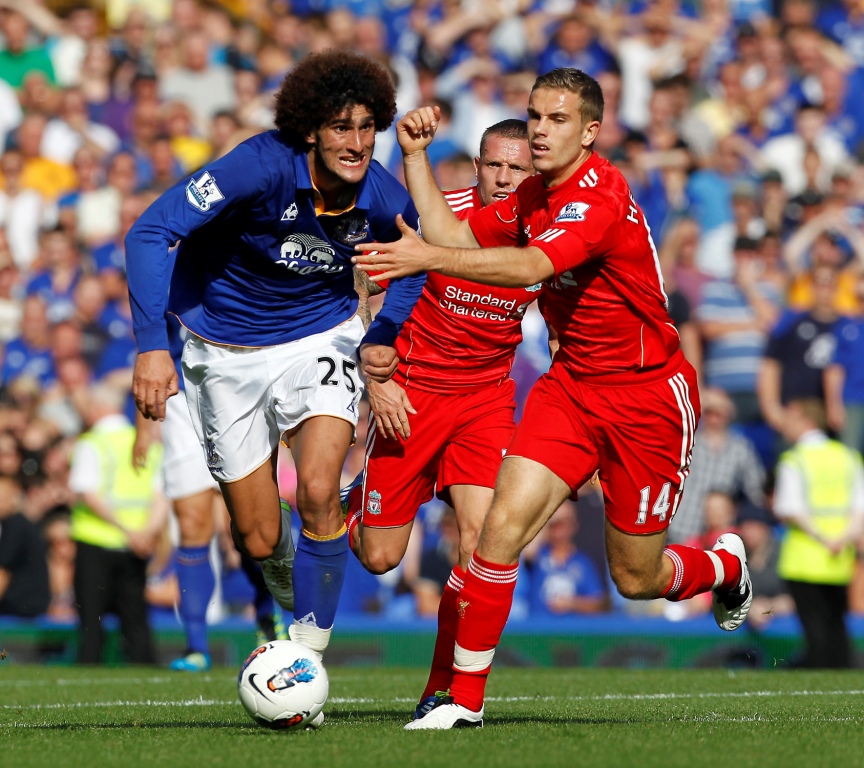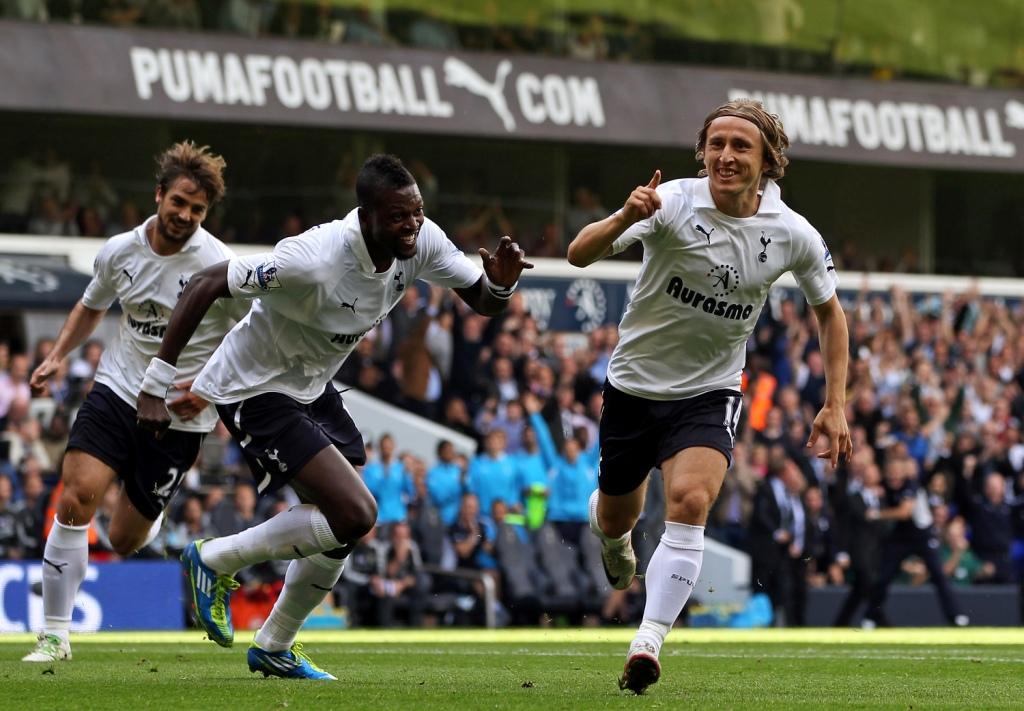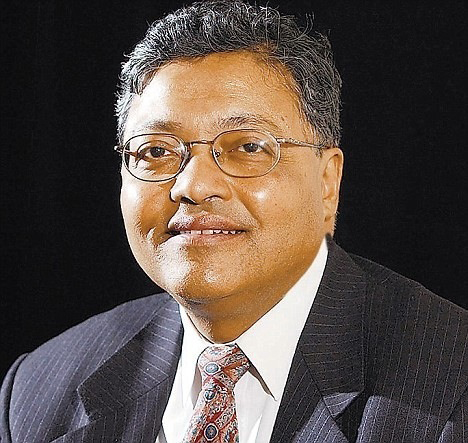Karen Murphy’s victory in the European Court over showing live matches in her pub without paying Sky’s charges should not be overestimated. It will have consequences, particularly in the lower reaches of the game, but it should not be seen as televised football’s equivalent of the Bosman ruling. It is not.
Bosman has proved such a far-reaching, even revolutionary, judgement, that its effects are still being felt more than a decade and a half later. Belgian player Bosman could hardly have imagined the consequences when he sought to change clubs after his contract had expired.
What was meant to be one player’s fight for freedom has became a charter for the free movement of players, with much of the reward going not to unknown players from small clubs, but talented players seeking gold from the rich clubs. And it has so changed the face of European football – and world football for that matter – it has made Europe, and particularly England, the world theatre for the game.
Murphy’s new law, if indeed it acquires formal judicial status, has, not surprisingly, created many ripples, but it is unlikely to really change how Premier League football is marketed. And as for providing a bonanza for football fans, I have grave doubts.

At one level, Karen Murphy’s triumph has the delicious ring of the biter being bitten. It was Sky getting the Premier League television contract that led to live football being shown in pubs, an innovation for this country, although, like many such innovations, it was copied from the American marketing of sport. Many pub landlords, particularly the smaller ones, will tell you Sky has brought this on itself by jacking up the prices pubs have to pay. Like Karen Murphy (above), they could not see how they could make enough money from beer and other sales to cover Sky’s costs. A decoder and a foreign broadcast with the sound turned off may be somewhat surreal, but it made economic sense.
The judgement could now lead to some interesting moments when Premier League matches are shown in pubs. The match itself may not be protected, but the judgement makes it clear that music and other title sequences that embroider the showing of the match still have copyright protection. In other words, a televised picture of players kicking a ball cannot be protected, but the show that precedes and follows the live action is protected.
This could mean a pub landlord who wanted to show the match without paying Sky would have to wait till the whistle blew and the play started before switching on the set. But then he, or she, would also have to be alert to switch off when the whistle blew at half-time and full-time, so as not to violate any of the copyright protected broadcasts. In a busy pub meeting customers’ orders, this may well require the landlord to appoint a television Czar to make sure the set is switched off at the right time, so as not to incur another visit to the courts.
And if the pubs do this right, then the impact on the lower reaches of the league could be quite considerable. Imagine a pub near Bolton or Blackburn, two clubs struggling in the Premier league. Let us say they have a Saturday home match, yet the pubs around are showing a 3pm Manchester United game. Such is Manchester United’s appeal that their 3pm Saturday kick-offs are often the live match shown on foreign television stations. Given such a choice, many of the Bolton or Blackburn fans might be disinclined to spend £40 or more seeing their team, preferring to toddle off to the pub and watch Manchester United on the big screen, albeit it with the sound turned off.

This temptation would be even greater if the football fan goes to a club in the lower leagues, say Southport. Many Everton and Liverpool fans frequently go to Southport. But why journey that far, spending around £20, when you can sit in the comfort of your local pub and watch, if not Manchester United, then Everton or Liverpool away.
One way around this would be for the Premier League, which never ceases to remind us what it is doing for its poorer brethren, to decide that it will no longer allow the 3pm Saturday kick-off to be broadcast abroad. However, this is a vital part of the package, particularly in places such as Asia, which help bring in the billions for the Premier League – and I am not sure how keen the marketing men would be to give up this lucrative earner.
In some ways, the more difficult battle for the Premier League is the illegal internet screening of matches. I was made very aware of this on a recent holiday on a small island in Croatia. Soon after I arrived, Tottenham played Liverpool in the Premier League and I was keen to know the result. On Croatian television I saw a picture of Luka Modrić celebrating. A hero of Croatia, he had clearly done something special, but as I do not speak Croatian, I did not know what he had done, let alone what the result of the match was.

Later, at a restaurant where I was dining with my wife and friends, the waiter broadcast his love for Modrić (above, right). So great was his love for his fellow Croatian, that he had also become a Tottenham fan. He told me the score and that he had watched the match live on his computer for free. He also waxed lyrical about the goal Modrić had scored and took me to his computer next to the cash desk. There, as I settled the bill, he turned it on and showed me the goal. There were no words, but none were necessary as the pictures told the story.
And this is where the Premier League faces it biggest battle. The Premier League story over the past 20 years has seen many dramatic changes, some good, some not so good. But how it copes with the internet threat, and the belief of football fans around the world that they have the right to download matches for free, just as music fans have got used to, will be a real test.
In many ways, this is a greater test than that posed by Karen Murphy.
Mihir Bose is one of the world’s most astute observers on politics in sport and, particularly, football. He formerly wrote for The Sunday Times and The Daily Telegraph, and was the BBC’s head sports editor. Follow Mihir on twitter.

